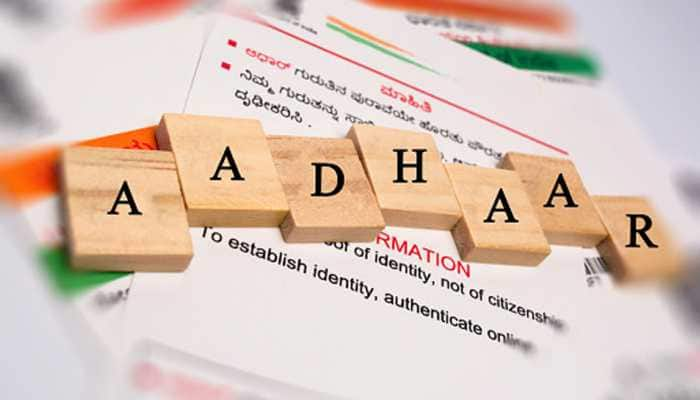'World Will Get More Dangerous...': Canada PM Trudeau Attacks India Again
Canadian PM Trudeau emphasized the United States' interest in Canada progressing its investigation into the killing of Hardeep Singh Nijjar, highlighting the need for India's cooperation to facilitate the process.
Trending Photos
)
New Delhi: Amid a diplomatic dispute between Canada and India, Prime Minister Justin Trudeau has restated his claim that India breached the Vienna Convention, following the relocation of more than 40 Canadian diplomats. Responding to a media query on Saturday, Trudeau said that Canada wants to "work constructively" with India on the "serious matter" of the killing of Khalistani terrorist Hardeep Singh Nijjar on Canadian soil and said his country "will always stand up to the rule of law."
He said, "We have been very, very clear that we want to work constructively with India on this very serious matter. From the very beginning, we shared the real allegations that we are deeply, deeply concerned about. But we have reached out to the Indian government and to partners around the world to get to the bottom of this, and to take it seriously. "
"That's why we were so disappointed when India violated the Vienna Convention and arbitrarily revoked the diplomatic immunity of over 40 Canadian diplomats in India," Trudeau said.
During a ribbon-cutting ceremony in Sault Ste. Marie, Ontario, to commemorate the inauguration of Canada's inaugural community-wide smart energy grid on Saturday, the Canadian Prime Minister addressed questions about the diplomatic tension between India and Canada. Trudeau also emphasized the United States' interest in Canada progressing its investigation into the killing of Hardeep Singh Nijjar, highlighting the need for India's cooperation to facilitate the process.
He said, "We also reached out to our friends and allies like the United States and others to work on this really serious violation of international law and of the sovereignty of a democracy. This is something that we are taking very, very seriously. We will continue to work with all partners as law enforcement and investigative agencies continue to do their work."
"Canada is a country that will always stand up for the rule of law because it might start to make right again. If bigger countries can violate international law without consequences, then the whole world gets more dangerous for everyone," Trudeau said.
Emphasising that Canada has always worked constructively and positively with India, Trudeau stated "We have tried to work constructively and positively with India and we will continue to. And that means continuing to work with Indian government diplomats. This is not a fight we want to be having right now."
"Think about it from our perspective, we have serious reasons to believe that agents of the Government of India could have been involved in the killing of a Canadian citizen on Canadian soil. And India's response is to kick out a whole bunch of Canadian diplomats by violating their rights under the Vienna Convention. That is of concern to countries around the world. Because if a given country can just decide that their diplomats of another country are no longer protected, that makes international relations more dangerous and more serious," he added.
Trudeau, during a debate in the Canadian Parliament, had claimed his country's national security officials had reasons to believe that "agents of the Indian government" carried out the killing of Canadian citizen Nijjar, who also served as the president of Surrey's Guru Nanak Sikh Gurdwara.
India, however, had outrightly rejected the claims, terming it "'absurd" and "motivated". Notably, Canada has yet to provide any public evidence to support the claim about the killing of Hardeep Singh Nijjar. Najjar, who was a designated terrorist in India, was gunned down outside a Gurdwara, in a parking area in Canada's Surrey, British Columbia on June 18.
Notably, amid a diplomatic standoff with Canada, India had halted its visa services till "further notice" in September. However, last month, India decided to resume visa services in Canada for four categories after a considered review of the security situation which "takes into account some recent Canadian measures in this regard". Entry visa, Business visa, Medical visa and Conference visa are four categories in which India decided to resume visa services in Canada with effect from October 26.
Stay informed on all the latest news, real-time breaking news updates, and follow all the important headlines in india news and world News on Zee News.
Live Tv







)
)
)
)
)
)
)
)
)
)
